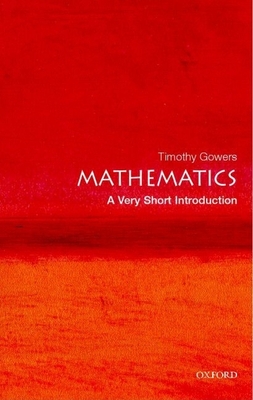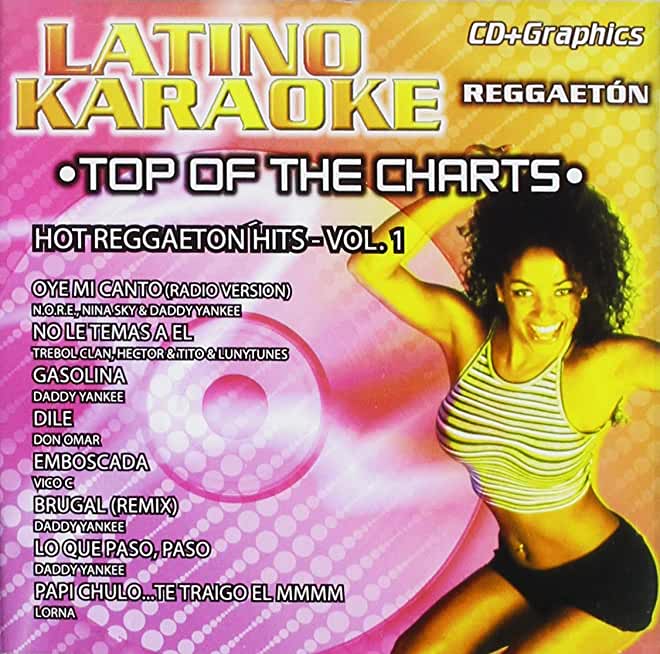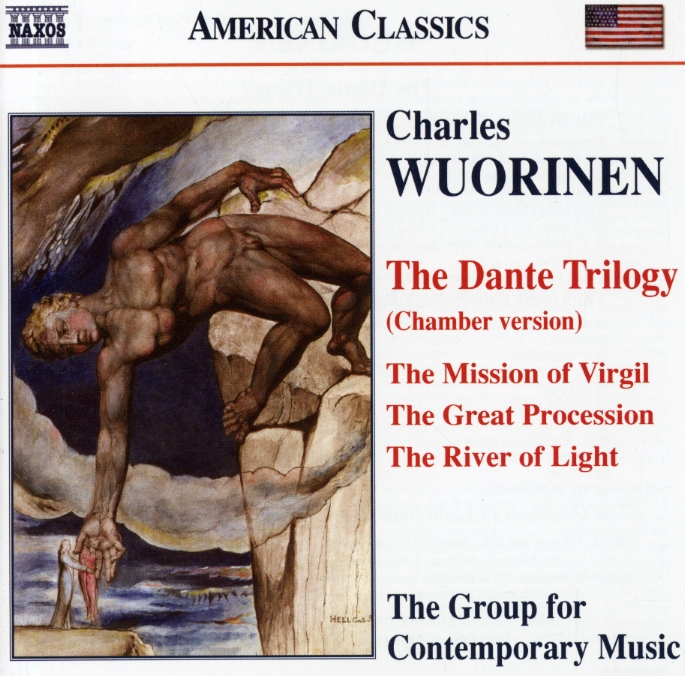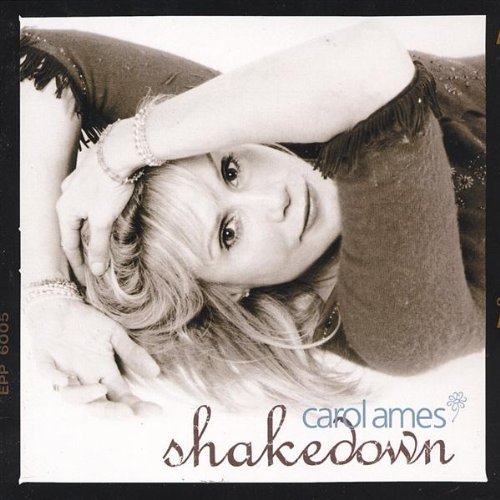
description
carefully but not technically, the differences between advanced, research-level mathematics, and the sort of mathematics we learn at school. The most fundamental differences are philosophical, and readers of this book will emerge with a clearer understanding of paradoxical-sounding concepts such as infinity, curved space, and imaginary numbers. The first few chapters are about general aspects of mathematical thought. These are followed by discussions of more specific topics, and the book closes with a chapter answering common sociological questions about the mathematical community (such as "Is it true that mathematicians burn out at the age of 25?") It is the ideal introduction for anyone who wishes to deepen their understanding of mathematics. About the Series: Combining authority with wit, accessibility, and style, Very Short Introductions offer an introduction to some of life's most interesting topics. Written by experts for the newcomer, they demonstrate the finest contemporary thinking about the central problems and issues in hundreds of key topics, from philosophy to Freud, quantum theory to Islam.
member goods
No member items were found under this heading.
Return Policy
All sales are final
Shipping
No special shipping considerations available.
Shipping fees determined at checkout.







